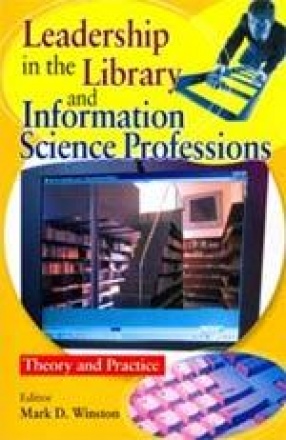The Librarian’s Internet Survival Guide: Strategies for the High-Tech Reference Desk
In stock
The Librarian’s Internet Survival Guide is made up of chapters originally written as installments of the authors monthly column "Internet Express" for Searcher Magazine. The author arrange in advance for the columns to add up to a collection. Now, revised, expanded, and updated each chapter is written to stand on its own, as it did when it originally appeared in the magazine. This leaves the reader with a choice about how to use this book. It might be more useful to turn to each chapters as you need it. The first nine chapters offer sites that the high-tech reference desk could use to answer patron questions. Chapter 1 explores metasearch engines. Although these may not be the most precise way to search the web, they are certainly the most comprehensive. Chapter 2, to help those patrons looking for ancestors, lost loves, or just people who owe them money. Chapter 3, "News on the Net", is for those obsessed with current events. Chapter 4 offers quality web resources suitable for study or other work in which accuracy is critical. This sites in chapter 5 are aimed at the younger set. Some are for school; others are just for fun. Chapter 6 "Free Full – Text Resources", can help students who have to read "classics" (books published before 1923) that may missing from the library shelves. Turn to this chapter, too, when patrons need information from the federal government. Chapter 7 about medical resources, is known to have saved at least one life. Increase your capital with the sites in Chapter 8 there is even a bit about how to detect fraud in a company that you might see as a potential investment opportunity. Chapter 9 for internet shopping resources. Not only will they find the best prices, they can get reviews to help them choose the most reliable products. Chapter 11 teaching the internet to our patrons, placing us in the uncomfortable position of offering bibliographic instruction in a medium that we may not understand very well ourselves! We can produce our own web "Pathfinders". Chapter 12 to help our lessons stick. Chapter 13 we can even share our information with disabled people over the Web if we use those newfangled Cascading Style Sheets, or CSS. At the high-tech reference desk, we can expect to be asked to help patrons manage their E-mail and fix minor computer glitches (Chapter 10 and Chapter 14) in addition to regular information questions. Finally chapter 15 offers tools to help us keep our nails dug in to that protean beast that is the World Wide Web.





There are no reviews yet.